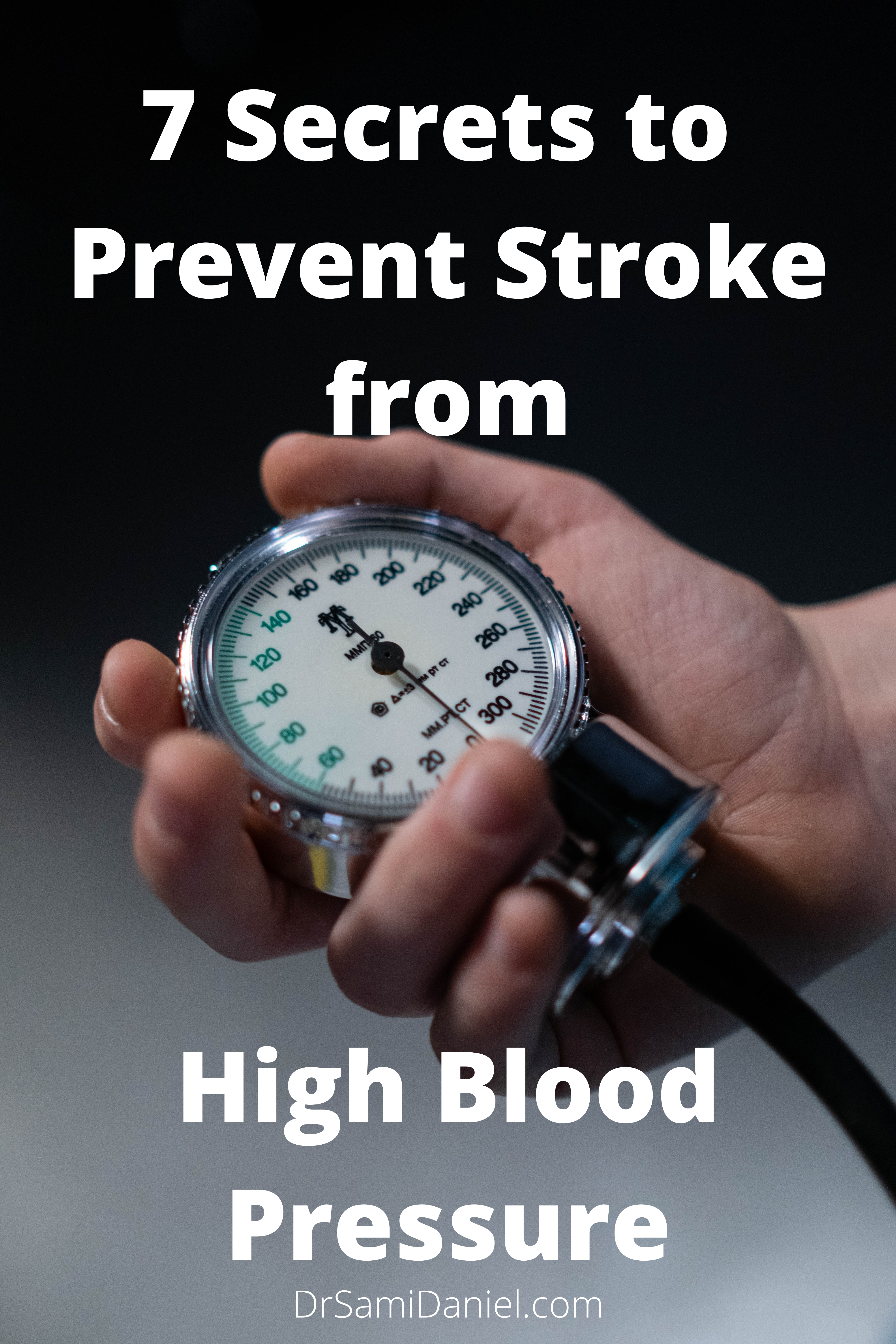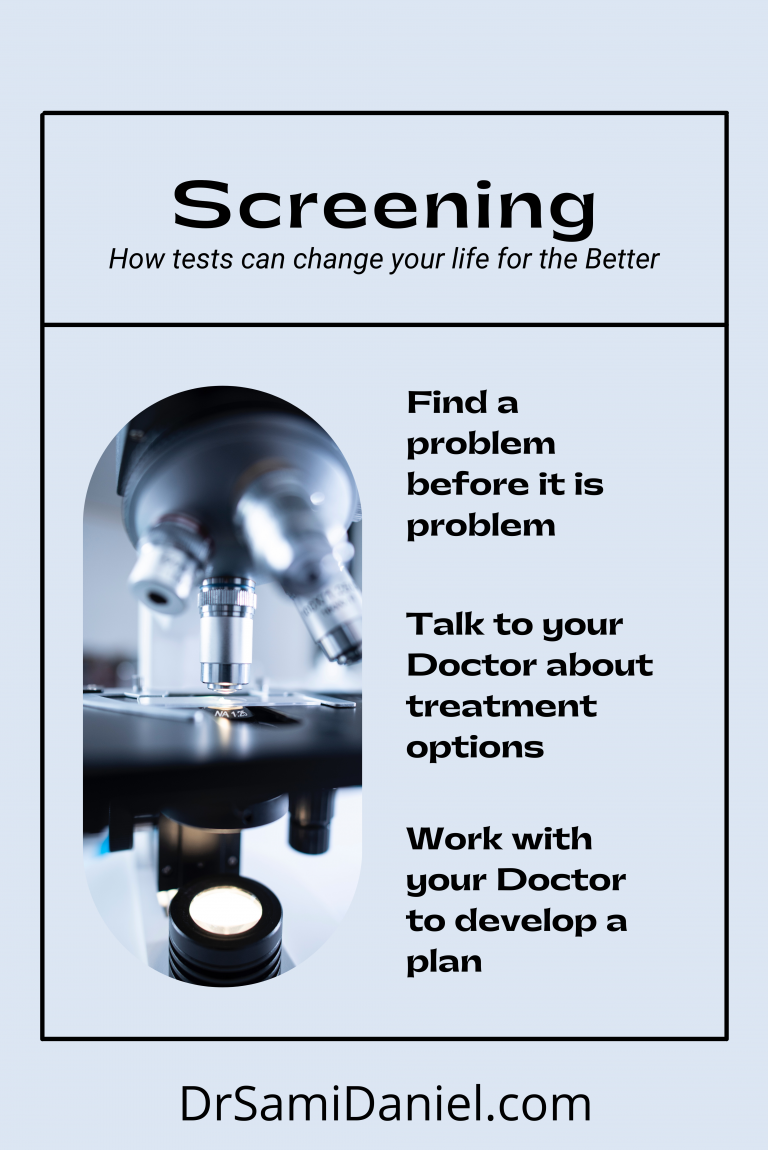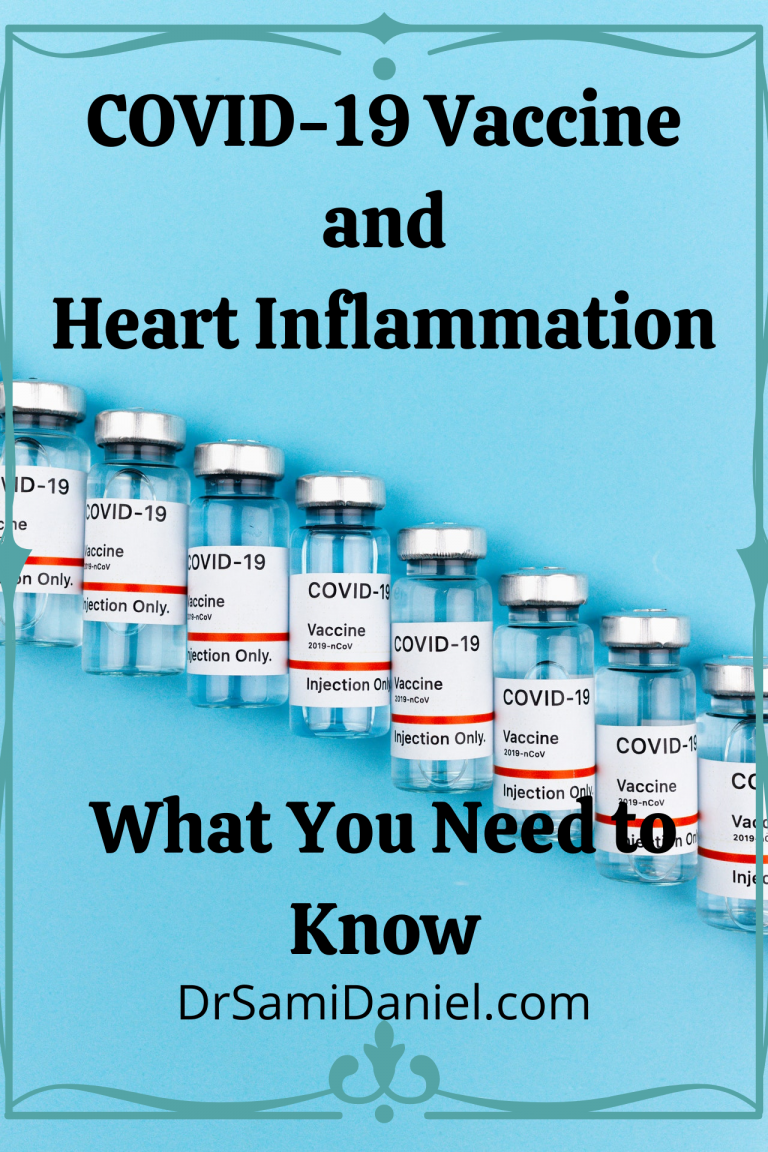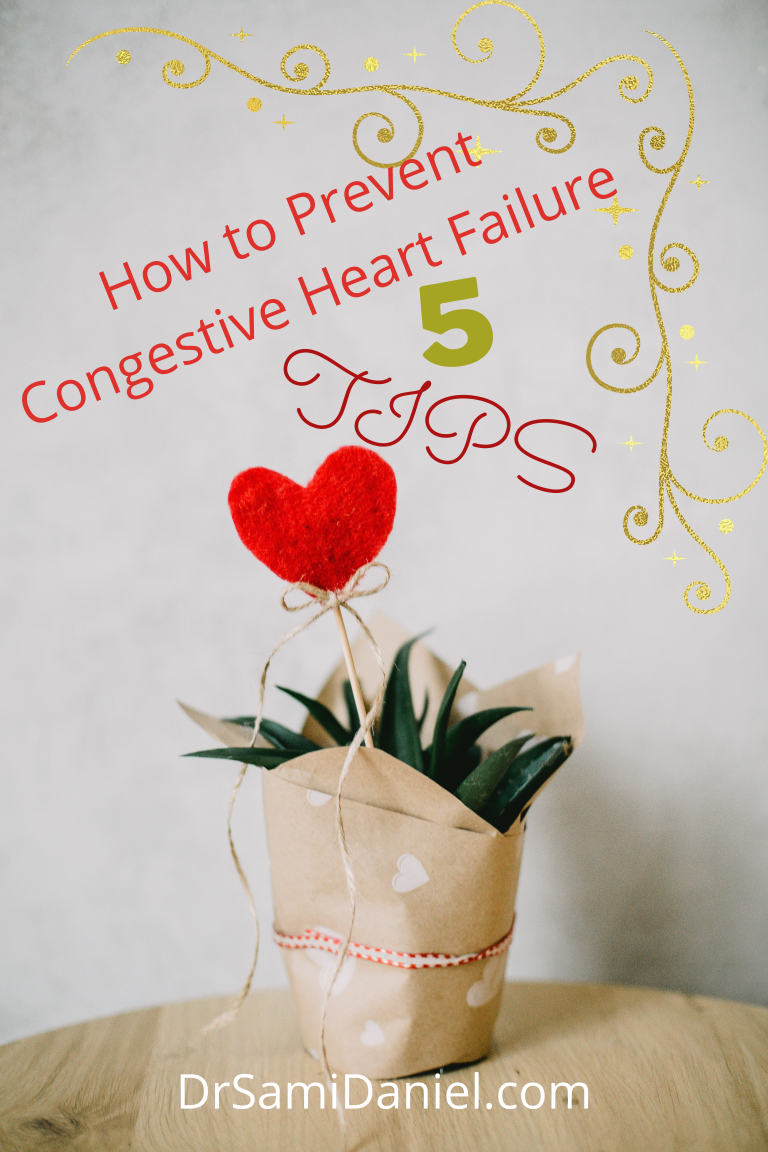7 Secrets to Prevent Stroke from High Blood Pressure
Every time we go to the doctor’s office one of the first things they do is check our blood pressure. And when they do, we get a kind of report card with 2 numbers. The first number is always higher than the second number.
So much emphasis seems to be placed on those two numbers of which only the doctor seems to truly appreciate their value. If you want to learn more about your blood pressure readings, please click here to visit the website of the American Heart Association.
A consistently high blood pressure can lead to heart disease, disease of the blood vessels, kidney damage, and stroke. And these just scratch the surface of the dangers of uncontrolled blood pressure.
The secrets below may help you prevent stroke by controlling blood pressure. Please speak with your doctor before attempting anything below. The guidance of your doctor is of utmost value since he/she knows your medical history well.
Secret #1: The Fastest Way to Bring Down High Blood Pressure
Intravenous beta blockers and sublingual nitroglycerin. At least that’s the cocktail you might get if you found yourself in the emergency room experiencing signs and symptoms of high blood pressure.
If you are experiencing symptoms including but not limited to:
- headache
- dizziness
- chest pain
- racing heart
- shortness of breath
- nausea/vomiting
- abdominal pain
- swelling of your legs/feet
You must seek medical attention immediately if you experience any of these symptoms. Either call your doctor, emergency services, or go straight to the ER (have a friend or family member take you if possible).
However for those people that have been told by their doctor for years to reduce their blood pressure, the best way is to lose weight.
Don’t get me wrong! Losing weight has never been a fast or easy proposition.
Also, there are plenty of people out there that have a healthy BMI and still have an elevated blood pressure.
But if you happen to have a BMI greater than 25, your blood pressure would see the quickest benefit if you decided to achieve a BMI of 20 – 24.9. Why is this the case?
Secret #2: When the Pounds Drop, Pressure Falls
Losing the excess pounds has the most beneficial impact for your blood pressure. Why? It’s physics.
It has to do with something called the Hagen-Poiseuille Equation. I’m not going to let your eyes glaze over due to haunting memories of high school physics.
However I would like to point out to you that your blood pressure is directly related to the length of blood vessels in the body. So if you have more blood vessels, you need more pressure to get blood through them all.
People with a higher BMI need more blood vessels in order to supply the extra weight with oxygen, water, and nutrients.
As a result the heart needs to pump harder in order to make sure that everything from the top of your head to the tip of your toes gets the blood supply it needs in order to survive.
Most of us don’t want extra fat to survive, but the body often disagrees! So we must convince it another way.
Secret #3: Exercise
Once more, speak to your doctor before starting an exercise routine.
After your doctor gives you his/her grace, walking is perhaps the best exercise you can do for your blood pressure. Why is that? It starts with the blood vessels themselves.
Blood vessels are dynamic. They are not the same as the pipes leading to your kitchen faucet or bathroom. Pipes are rigid because their walls are made of metal. Blood vessels are elastic and have muscles within their walls which can make the vessel smaller or bigger.
This is an IMPORTANT and UNIQUE function of the blood vessel because this function provides the ability to make adjustments to the flow of blood to various parts of the body.
These small adjustments throughout the body makes a huge impact on your overall blood pressure.
Exercise like walking trains your blood vessels and helps maintain their ability to expand and contract.
If this ability is compromised, they become like rigid pipes which causes consistently elevated blood pressure and increased risk of stroke.
Secret #4: What to Do When Blood Pressure is High
Firstly, talk to your doctor.
This cannot be stressed enough! Your doctor knows your medical history well.
He/she will understand how your blood pressure is being affected by other things you might be experiencing such as stress, diabetes, alcohol, or oral contraceptives.
This is not a comprehensive list. But the point is that there are a wide range of things to consider in connection with blood pressure.
Second, take note of any symptoms you are experiencing when your blood pressure is high.
Write them down. You need to know them COLD.
I listed the symptoms most people might experience under Secret #1. However those symptoms are the most COMMON symptoms people experience.
This does not mean that you will experience all those symptoms. And this does not mean that you will experience symptoms that might not be on that list.
You need to develop an awareness of your body and how it responds to certain situations. If you know the outward signs your body telegraphs to you when it’s experiencing high blood pressure, then you know to immediately talk to your doctor and to check your blood pressure.
Third, have you been taking your medications on time?
Did you miss a dose? For a day? A week? Months?
This is possible due to all sorts of reasons: Lack of funds; insurance coverage; lack of insurance; lost medication; need more refills; doctor did not send enough; the pharmacy did not receive the order. The list goes on.
The point is to take stock of your medications and whether you have taken them on time as your doctor directed. This is important information for the doctor as they need to understand why the medication may or may not have been working in order to make appropriate adjustments.
The doctor will often do their best to work with you and make sure you get the care you need at an affordable price.
Secret #5: Drink Water
It’s extremely counter-intuitive. And again, this secret should only be used after speaking with your doctor because there are certain times when this should not be advised.
However for a person with no other problems, drinking water is actually helpful to decrease blood pressure. Why?
I take you back to high school physics once again because the Hagen-Poiseuille Equation includes viscosity as a factor of pressure.
What is viscosity? It is the difference between having water running out of your kitchen faucet versus maple syrup. Water runs freely. Maple syrup will be sticky, slow, and maybe clog up your sink.
If you have something like maple syrup going through your pipes, it is going to take A LOT more effort and pressure to push that through. Your pipes might burst from the shear force of all that pressure!
And that’s exactly what might happen with high blood pressure. If your vessels burst, that means blood is not going where it needs to go. So that’s obviously not good if blood needs to get to the brain, heart, or other major organ or body part.
Therefore you need to keep the viscosity of your blood at the right level. Not too watery. Not too syrupy. Keep it in the Goldilocks zone.
Secret #6: Lower Salt Intake, But You Need to Have Adequate Potassium
This also requires the approval of your medical provider. There are people that cannot and should not increase their intake of potassium. Especially people with kidney disease; although there may be other reasons as well.
Kidneys are absolutely wonderful! They do a lot more than most people realize. Filtering the blood is only one of their functions. But it’s unlike any filter you can think of. Why? Because like the blood vessels, this filter is ALIVE!
The filter in your kidneys is extremely active. It plays 2 very important roles:
- Make sure that toxic substances get out of the body safely
- Preserve water and other important things
Of course, it’s a lot more complicated than that. However the kidneys perform these duties with great balance. Especially when balancing electrolytes like salt and potassium.
When the doctor tells you to cut salt from your diet, your kidneys might be okay with this plan for about a week. However your kidneys know that it needs salt in order to preserve water in the body.
Preserving water will help maintain your blood pressure. This is often a good thing because you don’t want your blood pressure to be too low. This can also lead to your organs not receiving the blood supply that they need.
The kidneys know this intrinsically. They can sense the loss of salt. So they start hanging on to every bit of salt that they find.
But what if your kidneys fears are unwarranted and your blood pressure is already too high?
Potassium pacifies the kidneys. A diet rich in nutrients like potassium, magnesium, and calcium helps to lower blood pressure by letting the kidneys know that it’s okay to let a little bit of salt go.
This method is more commonly known as the DASH diet. You can find more information about this diet at the website of the Mayo Clinic here.
Secret #7: It Doesn’t Matter When You Check Your BP, as Long as it’s Done at the Same Time Every Day
Consistency is paramount!
Why does consistency matter? It matters because the blood pressure is almost like a living entity in itself!
While the blood pressure does not breathe or require nutrients like other cells in your body, it is part of a living breathing system. And therefore absolutely necessary to maintain life. Just like the heart is absolutely necessary or the liver, kidney, or brain.
As such, blood pressure is dynamic just like everything else in the body including your blood vessels and your kidneys. It is constantly adjusting itself throughout the day to make sure that you have adequate blood flow to the trillions of cells that call your body home.
No instant in time is the same as the last or the future. The body just functions in the present. And therefore does its best to meet the demands of the body in the present moment which is ever-changing.
Therefore when you take your blood pressure, it’s like taking a picture of a beautiful flower. You can only capture one instant in time. So checking your blood pressure once in the morning and once in the evening is usually enough to notice any changes.
Keep a logbook of your daily blood pressure readings. If you do notice that your blood pressure has gone up over the last week or two, then perhaps it’s time to speak with your doctor.
We covered a lot. Let’s summarize…
- There really is no quick way to bring down your blood pressure without being carefully monitored by your doctor.
- Weight loss is extremely helpful because it lightens the load on your heart.
- Walking helps your body improve circulation and doesn’t force your heart to do all the work.
- If your blood pressure is high, talk to your doctor, notice your symptoms, and takes stock of your medications as well as daily activities.
- Water helps keep the blood fluid. You don’t want maple syrup in your veins.
- Your kidneys are smart and wants to keep you alive. If your doctor recommends cutting salt from your diet, let your kidneys know it’s okay to let that salt go by eating a diet rich in potassium. a.k.a. DASH Diet. Just make sure the doctor approves this diet for you first!
- Check your blood pressure consistently at the same time everyday.
If you have questions about the best way to take action on these tips, speak with your doctor and use their guidance!
Please comment below if you like this post and what you would like to learn more about.








3 Comments